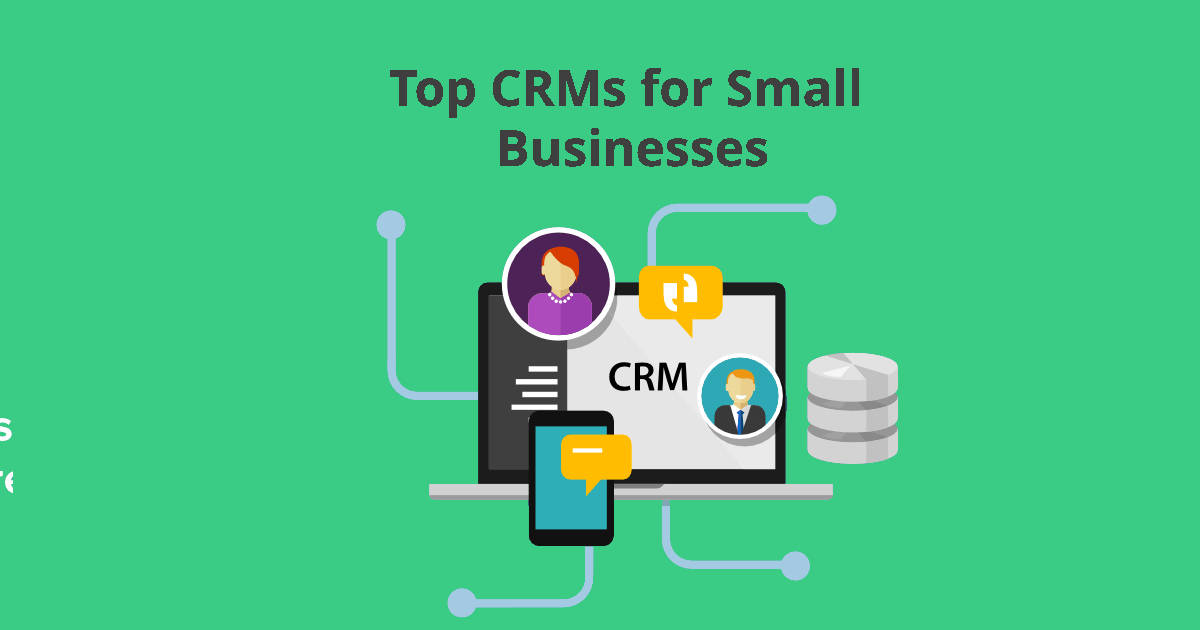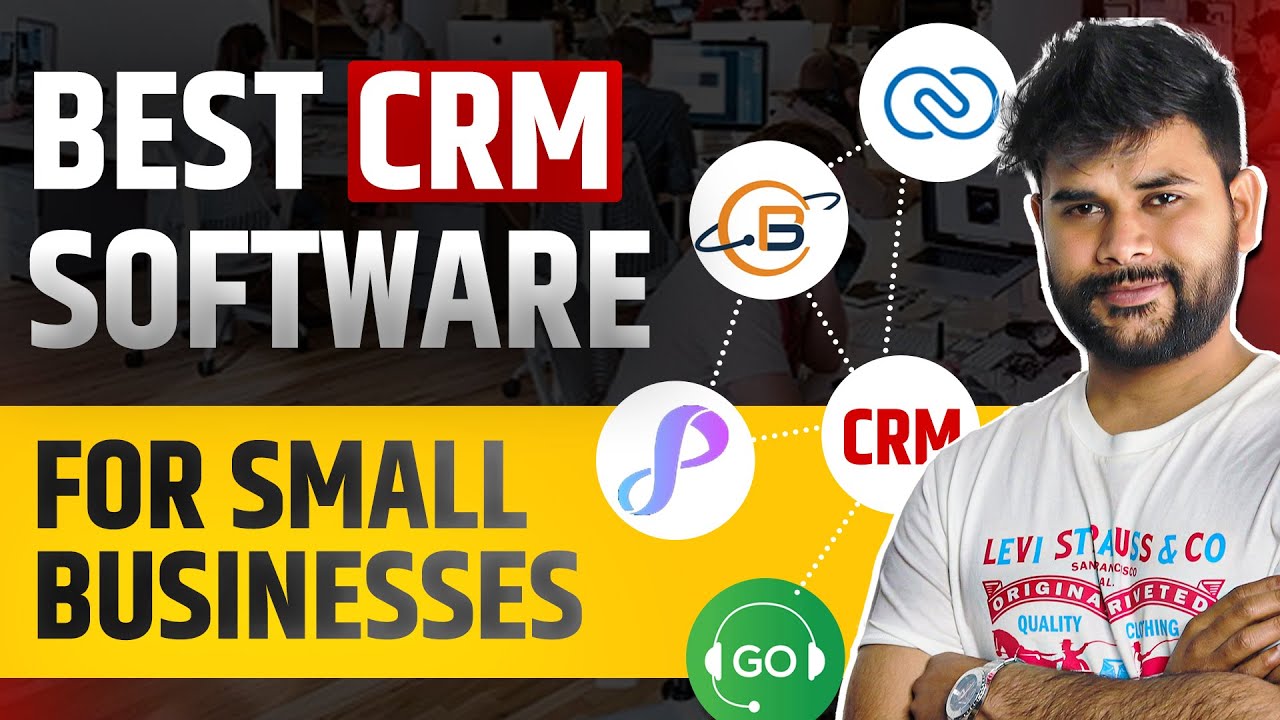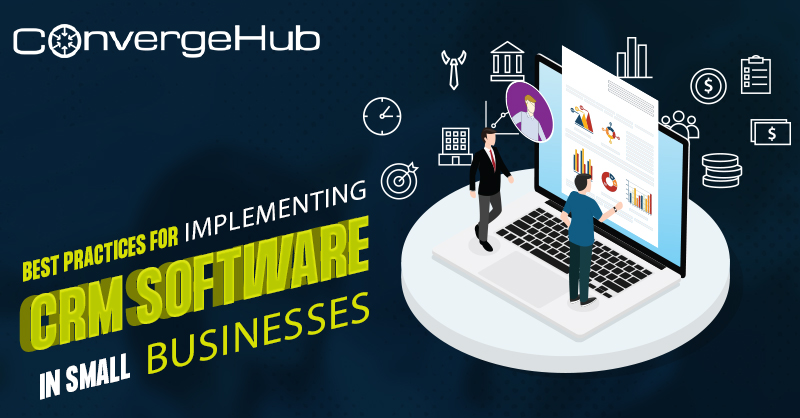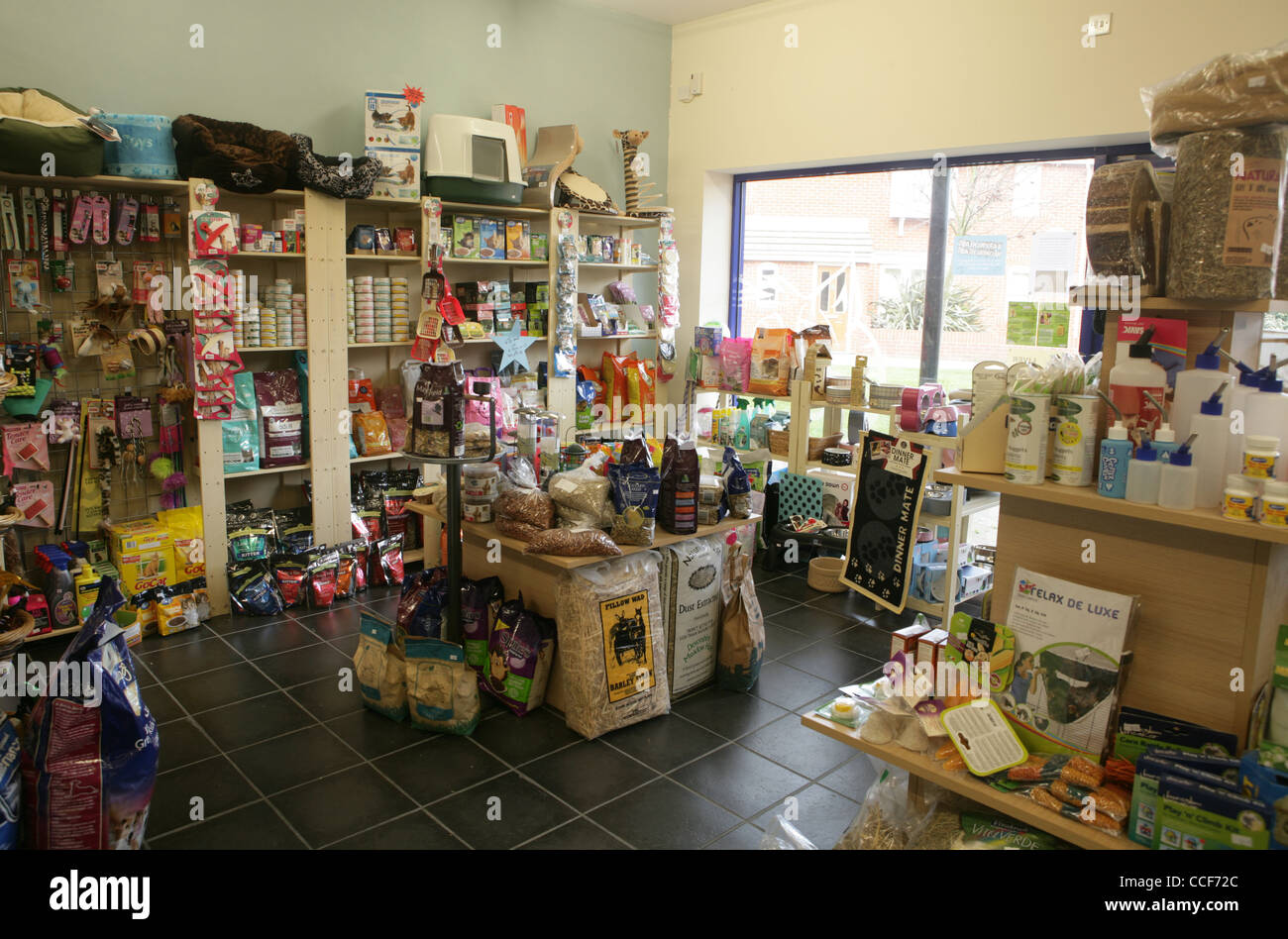Snip, Style, and Succeed: Choosing the Best CRM for Your Small Barber Shop
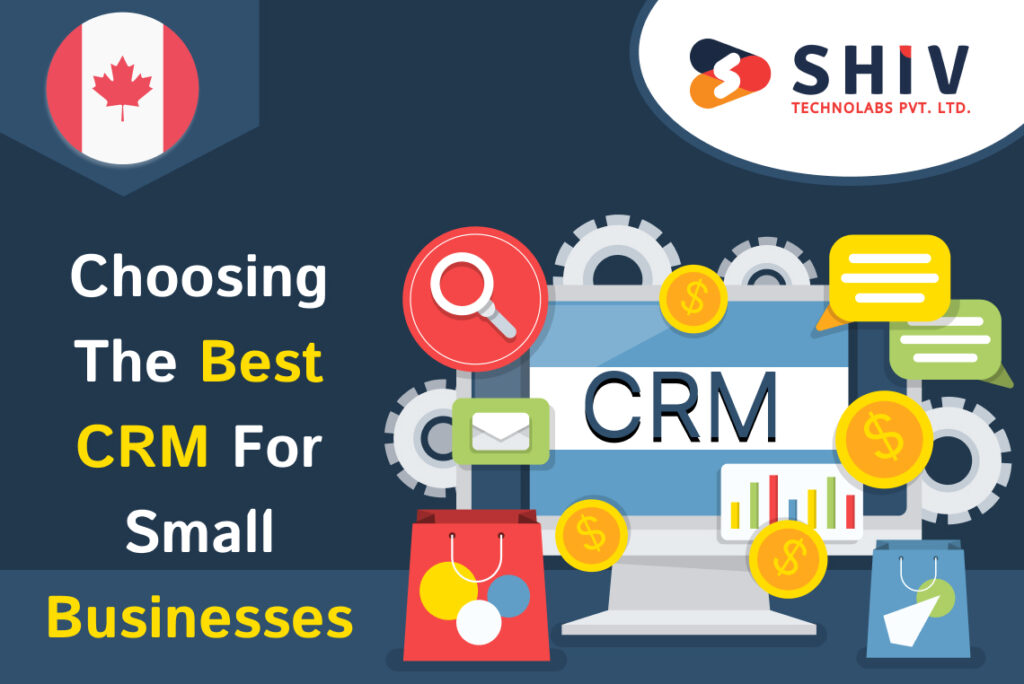
The Modern Barber’s Secret Weapon: Why Your Shop Needs a CRM
Gone are the days when a barber shop thrived solely on walk-ins and word-of-mouth. In today’s competitive landscape, where style is constantly evolving and client loyalty is paramount, a Customer Relationship Management (CRM) system isn’t just a luxury – it’s a necessity. For small barber shops, a well-chosen CRM can be the difference between a bustling business and a struggling one. It’s the silent partner that helps you manage appointments, track client preferences, send personalized promotions, and ultimately, build a thriving community around your shop.
This isn’t about complex enterprise software. We’re talking about tools designed specifically for the needs of a small business, particularly a barber shop. These CRMs are designed to be intuitive, easy to use, and affordable, allowing you to focus on what you do best: crafting killer cuts and providing exceptional service.
Understanding the Barber Shop’s Unique CRM Needs
Before diving into specific CRM options, let’s consider the unique demands of a barber shop. Your CRM needs to be more than just a contact database; it needs to be a central hub for all client interactions. Here’s what’s crucial:
- Appointment Scheduling: A seamless booking system is essential. Clients should be able to book online, reschedule easily, and receive automated reminders.
- Client Profiles: Detailed records are key. Note hair types, preferred styles, product purchases, and even personal details to personalize their experience.
- Communication Tools: The ability to send SMS messages, emails, and targeted promotions is vital for keeping clients engaged.
- Payment Processing Integration: Streamline transactions by integrating with your existing payment systems.
- Reporting and Analytics: Track key metrics like client retention, appointment volume, and revenue to make informed business decisions.
- Inventory Management (Optional): If you sell products, a CRM with inventory features can simplify stock control.
Think of your CRM as your digital front desk, personal stylist assistant, and marketing guru all rolled into one. It’s the tool that helps you build stronger relationships with your clients, optimize your workflow, and ultimately, boost your bottom line.
Top CRM Choices for Small Barber Shops: A Detailed Comparison
Now, let’s explore some of the best CRM options tailored for small barber shops. We’ll analyze their features, pricing, ease of use, and suitability for your specific needs.
1. Booksy: The All-in-One Solution
Booksy is a popular choice, and for good reason. It’s specifically designed for the beauty and wellness industry, making it a natural fit for barber shops. Booksy excels in appointment scheduling, with a clean and intuitive interface that clients will love. Key features include:
- Online Booking: Clients can book appointments 24/7 through your website, social media, or the Booksy app.
- Automated Reminders: Reduce no-shows with automated text and email reminders.
- Client Management: Store detailed client profiles, including service history, preferences, and notes.
- Marketing Tools: Send promotional messages, manage loyalty programs, and attract new clients.
- Payment Processing: Integrated payment processing simplifies transactions.
- Reporting and Analytics: Track key performance indicators (KPIs) to monitor your business’s success.
Pros: User-friendly interface, excellent appointment scheduling, strong marketing features, and a dedicated mobile app for clients. It’s an all-in-one solution that’s easy to set up and use.
Cons: The pricing can be a bit higher than some other options, and the feature set might be overkill for extremely small shops with minimal needs. Some users have reported occasional glitches.
Ideal for: Barber shops that want a comprehensive, user-friendly solution with robust appointment scheduling and marketing capabilities. If you prioritize ease of use and a streamlined client experience, Booksy is an excellent choice.
2. Square Appointments: Simple and Affordable
Square Appointments is a strong contender, especially if you’re already using Square for payment processing. It offers a straightforward, affordable solution with a focus on simplicity. Key features include:
- Appointment Scheduling: Easy-to-use appointment scheduling with online booking and automated reminders.
- Client Management: Basic client profiles to store contact information and appointment history.
- Payment Processing Integration: Seamless integration with Square’s payment processing system.
- Point of Sale (POS) System: A fully integrated POS system to manage sales, inventory, and customer transactions.
- Email Marketing: Send email marketing campaigns to promote your services and offers.
Pros: Affordable pricing, especially if you’re already using Square. Easy to set up and use. Seamless integration with Square’s payment processing and POS systems. Great for shops that prioritize simplicity and affordability.
Cons: The client management features are less robust compared to Booksy. The reporting and analytics are not as in-depth. May lack some of the advanced marketing features found in other CRMs.
Ideal for: Small barber shops that prioritize affordability and simplicity. If you’re already using Square for payments, this is a natural choice. It’s perfect for shops that want a functional system without the bells and whistles.
3. Vagaro: The Feature-Rich Option
Vagaro is another popular choice, offering a comprehensive suite of features tailored for the beauty and wellness industry. It’s a feature-rich platform that provides a lot of functionality, but it might have a steeper learning curve than some of the simpler options. Key features include:
- Appointment Scheduling: Powerful appointment scheduling with online booking, automated reminders, and staff management features.
- Client Management: Detailed client profiles with service history, preferences, and notes.
- Marketing Tools: Extensive marketing features, including email marketing, text message marketing, and social media integration.
- Online Store: Sell products and services online through an integrated online store.
- Payment Processing: Integrated payment processing.
- Reporting and Analytics: Comprehensive reporting and analytics to track key business metrics.
Pros: Feature-rich platform with a wide range of functionalities. Excellent marketing tools. Strong appointment scheduling and client management features. The online store is a great addition for product sales.
Cons: Can be more complex to set up and learn than simpler options. Pricing is on the higher end. The interface might feel overwhelming for some users.
Ideal for: Barber shops that want a comprehensive, feature-rich CRM with advanced marketing capabilities and the option to sell products online. If you’re willing to invest time in learning the platform, Vagaro can be a powerful tool.
4. Acuity Scheduling (by Squarespace): Flexible and Customizable
Acuity Scheduling, now part of Squarespace, is a versatile scheduling solution that can be customized to fit the needs of various businesses, including barber shops. It offers flexibility and a clean interface. Key features include:
- Appointment Scheduling: Easy-to-use appointment scheduling with online booking, automated reminders, and customizable scheduling rules.
- Client Management: Basic client profiles to store contact information and appointment history.
- Payment Processing Integration: Integrates with various payment processors, including Stripe and PayPal.
- Customization Options: Highly customizable scheduling settings to match your shop’s branding and workflow.
- Integrations: Integrates with various other tools, such as email marketing platforms and accounting software.
Pros: Highly customizable and flexible scheduling options. Easy to integrate with various payment processors. Clean and user-friendly interface. Great for shops that value branding and customization.
Cons: The client management features are less robust compared to some other CRMs. The reporting and analytics are not as in-depth. Might require some initial setup and configuration to tailor it to your specific needs.
Ideal for: Barber shops that want a flexible and customizable scheduling solution with a focus on branding and integration. If you prioritize ease of use and integration with other tools, Acuity Scheduling is a solid choice.
5. Fresha: The Free Option with Premium Features
Fresha is a compelling option, especially for budget-conscious barber shops. It offers a free plan with a core set of features, making it an attractive starting point. Key features include:
- Appointment Scheduling: Online booking, automated reminders, and staff management features.
- Client Management: Client profiles to store contact information, service history, and preferences.
- Marketing Tools: Email marketing and promotional features to attract and retain clients.
- Payment Processing: Integrated payment processing (with a small fee).
- Inventory Management: Basic inventory management features.
Pros: Free plan with a core set of features. User-friendly interface. Offers a range of features for a free platform. Great for shops on a tight budget.
Cons: The free plan has limitations on features. The premium features require a subscription. May not be as feature-rich as some of the paid options.
Ideal for: Barber shops on a tight budget that want a functional CRM with a focus on appointment scheduling and client management. If you’re looking for a free starting point, Fresha is an excellent choice.
Key Features to Consider When Choosing a CRM
Beyond the specific features of each CRM, here are some critical considerations to make sure you select the right one for your barber shop:
1. Ease of Use and User Interface
The CRM should be intuitive and easy to navigate. A clunky or confusing interface will discourage your staff from using it, rendering the system ineffective. Look for a clean, user-friendly design that’s easy to learn and use on a daily basis. Consider a trial period to get a feel for the platform before committing.
2. Appointment Scheduling Capabilities
The core of your CRM’s functionality. Ensure the system offers online booking, automated reminders, and the ability to manage multiple staff members and services. The ability for clients to easily reschedule appointments is also crucial.
3. Client Management Features
The CRM should allow you to store detailed client information, including contact details, service history, preferences, and notes. The ability to segment your client base based on these details will be invaluable for targeted marketing campaigns and personalized service.
4. Communication Tools
Look for a CRM that offers SMS and email marketing capabilities. These tools enable you to send appointment reminders, promotional offers, and personalized messages to keep your clients engaged and coming back for more.
5. Payment Processing Integration
Seamless integration with your existing payment processing system will streamline transactions and save you time. Make sure the CRM integrates with the payment processors you already use or are willing to adopt.
6. Reporting and Analytics
The CRM should provide reporting and analytics to track key metrics, such as appointment volume, revenue, client retention, and marketing campaign performance. These insights will help you make informed business decisions and optimize your operations.
7. Pricing and Value
Consider the pricing structure of each CRM and the value it provides. Some CRMs offer free plans with limited features, while others have paid plans with more comprehensive functionality. Choose a CRM that fits your budget and offers the features you need.
8. Customer Support
Look for a CRM with reliable customer support. You should be able to easily contact support if you have questions or encounter any issues. Check the provider’s website for customer reviews and testimonials to gauge the quality of their support.
9. Integrations
Consider whether the CRM integrates with other tools you use, such as your website, social media platforms, or accounting software. Integration will streamline your workflow and ensure that your data is synchronized across all your systems.
Step-by-Step Guide to Implementing a CRM in Your Barber Shop
Once you’ve chosen the right CRM, the next step is to implement it effectively. Here’s a step-by-step guide to get you started:
1. Choose Your CRM
Based on your research and the factors discussed above, select the CRM that best fits your needs and budget.
2. Sign Up and Set Up Your Account
Create an account with your chosen CRM provider and follow their instructions to set up your account. This typically involves providing your business information, setting up your staff profiles, and configuring your services and pricing.
3. Customize Your Settings
Customize your settings to match your shop’s branding and workflow. This may include adding your logo, setting up your appointment scheduling rules, and configuring your email and SMS templates.
4. Import Your Client Data
Import your existing client data into the CRM. This can usually be done by uploading a CSV file or manually entering the data.
5. Train Your Staff
Train your staff on how to use the CRM. Provide them with clear instructions and support to ensure they can effectively use all the features of the system.
6. Test the System
Test the system to make sure it’s working correctly. Create test appointments, send test emails and SMS messages, and review your reports.
7. Promote Your Online Booking
Promote your online booking system to your clients. Add a booking button to your website, social media pages, and email signatures. Encourage clients to book appointments online for convenience.
8. Monitor and Analyze Your Results
Monitor your results and analyze your key metrics. Use the reporting and analytics features of the CRM to track your appointment volume, revenue, client retention, and marketing campaign performance. Make adjustments to your strategies as needed to optimize your results.
9. Provide Feedback and Seek Support
Provide feedback to your CRM provider and seek support if you have any questions or encounter any issues. They can help you troubleshoot any problems and make the most of the system.
Maximizing Your CRM’s Impact: Tips and Tricks
Once your CRM is up and running, there are several ways to maximize its impact on your business:
- Personalize Client Communication: Use client profiles to tailor your communication. Address clients by name, mention their preferred styles, and offer personalized recommendations.
- Segment Your Client Base: Divide your clients into segments based on their preferences, purchase history, or other criteria. This allows you to send targeted marketing campaigns that are more effective.
- Automate Marketing Campaigns: Set up automated email and SMS campaigns to promote special offers, send birthday greetings, and remind clients about upcoming appointments.
- Track Client Feedback: Use your CRM to collect client feedback. Ask for reviews, send satisfaction surveys, and use the feedback to improve your services.
- Monitor Key Metrics: Regularly track your key performance indicators (KPIs), such as appointment volume, revenue, and client retention. Use these metrics to measure your success and identify areas for improvement.
- Integrate with Social Media: Integrate your CRM with your social media platforms to make it easier for clients to book appointments and engage with your business.
- Use the CRM for Inventory Management: If you sell products, use the CRM to track your inventory and manage your stock levels.
- Stay Up-to-Date: Keep up-to-date with the latest features and updates of your CRM. The providers are constantly adding new features and improvements to their platforms.
The Bottom Line: Investing in Your Future
Choosing the right CRM is a crucial investment for any small barber shop. It’s not just about managing appointments; it’s about building relationships, streamlining operations, and ultimately, growing your business. By carefully considering your needs, comparing the options, and implementing the system effectively, you can harness the power of a CRM to create a thriving and loyal client base. Don’t just cut hair; cultivate an experience. And let your CRM be the cornerstone of that experience.
The best CRM for your barber shop is the one that aligns with your specific needs, budget, and business goals. Take the time to research your options, test drive the platforms, and choose the system that empowers you to provide exceptional service and build a successful business. The future of barbering is digital, and a well-chosen CRM is your ticket to the cutting edge.

